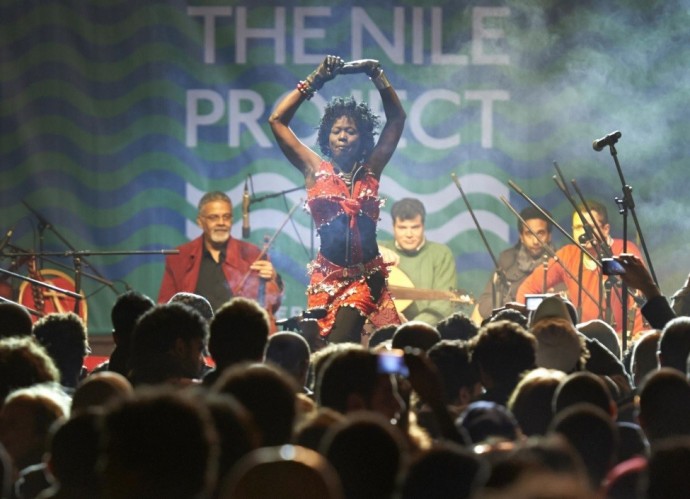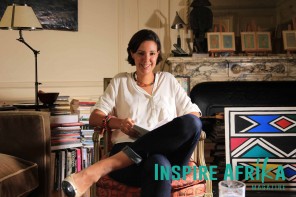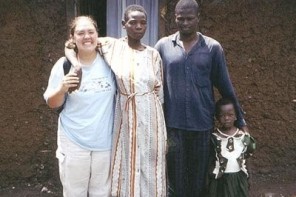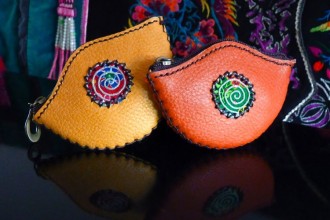The late Wanagari Maathai once said: “in a few decades, the relationship between the environment, resources and conflict may seem almost as obvious as the connection we see today between human rights, democracy and peace.” When it comes to the current Nile conflict, this could not be truer. It has been a source of tension because it passes through 12 different countries across the continent, all with competing interests. Egypt and Sudan both currently use the Nile for irrigation activities and dams on a 75% to 25% basis, but this is fiercely contested by Ethiopia who want to use it for generating electricity to increase industrialisation. Additionally Kenya and Eritrea have also laid claim to the water. So far the conflict has managed to stay under wraps because of numerous international legislation that prohibits any aggressive action, but who is to say how long this peace will last.
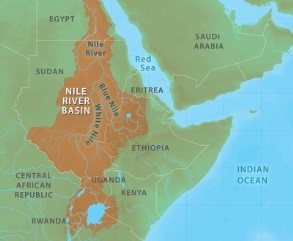 It is for this reason the Nile Project was born. Founded in 2011 by Egyptian ethnomusicologist Mina Girgis and Ethiopian-American singer Meklit Hadero, it is dedicated to addressing the Nile Basin’s cultural and environmental challenges at the core of the conflict. Through the medium of music, the collective works to inspire, educate and empower the region’s diverse populations to encourage trans-boundary cooperation. It brings musicians from all the Nile Basin countries together on one stage. Here via powerful messages embedded in their music, they show that no matter where we come from we should be able to share resources without war breaking out. More interestingly however is the collective’s tactic of targeting university students to spread their message. Parallel to the concerts, they run participatory workshops and cross-cultural dialogues. They provide university students with unique intellectual experiences, thus furthering their understanding of the Nile ecosystem.
It is for this reason the Nile Project was born. Founded in 2011 by Egyptian ethnomusicologist Mina Girgis and Ethiopian-American singer Meklit Hadero, it is dedicated to addressing the Nile Basin’s cultural and environmental challenges at the core of the conflict. Through the medium of music, the collective works to inspire, educate and empower the region’s diverse populations to encourage trans-boundary cooperation. It brings musicians from all the Nile Basin countries together on one stage. Here via powerful messages embedded in their music, they show that no matter where we come from we should be able to share resources without war breaking out. More interestingly however is the collective’s tactic of targeting university students to spread their message. Parallel to the concerts, they run participatory workshops and cross-cultural dialogues. They provide university students with unique intellectual experiences, thus furthering their understanding of the Nile ecosystem.
To the naked eye the Nile Project may seem like a collective of musicians that were not meant to play together. But to anyone who has suffered at the hands of environmental conflicts they are a beacon of hope. Above and beyond this, the collective demonstrates that as individuals we have a role to play in ensuring that peace prevails. As Africans we sit back and wait for our ill-willed governments to keep war at the minimum; this is a practice that needs to come to an end. The Nile Project is showing us that this is indeed possible.

